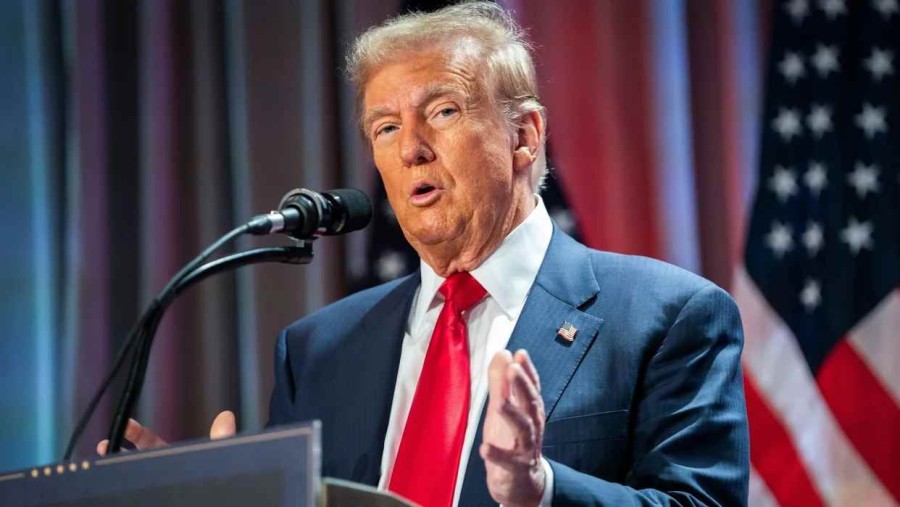2 Possible Changes Coming to American Car Prices in the Next 4 Years Under Trump

Many aspects of the American economy are expected to change following the election of former (and now future) president Donald Trump. His campaign promises of tariffs, deregulation and tax cuts will likely impact almost every facet of the American financial system. One such arena that will surely be impacted is the American automotive industry.
Here are the economic changes that are most likely to be the determining factors in American car prices over the next four years:
Tariffs
Anyone reading about Trump’s economic policies (as well as predictions as to how those policies will impact the economy) is by now familiar with tariffs — that is, the taxes imposed by
Trump has claimed this will pressure auto companies to move their manufacturing centers to the America. However, critics have argued that tariffs — while they may increase American manufacturing — will also likely increase car prices. Tariffs will force importers to raise their car prices, which will then force American auto brands to raise their prices, as well.
Less Federal Regulation
Throughout his presidential campaign, Trump argued that the auto industry’s transition to electric vehicles (EVs) should be driven by the private sector and not the federal government, according to Forbes. As such, as president, he may “consider cutting or redirecting funding for the National Electric Vehicle Infrastructure (NEVI) program, arguing that the federal government should not fund charging networks.”
If this occurs, Trump’s reduction of EV incentives would likely aid Tesla EV sales (one of whose shareholders includes Trump supporter Elon Musk), because Tesla’s “cost base and vehicle platforms allow it to sell EVs profitably, which might not be the case with other American and global OEMs, who will struggle to match EV and ICE funding.”
Previous Story
- Taiwan ready to discuss 2nm transfer to U.S....
- JPMorgan says to watch this market threshold for...
- Trump Said He'll Re-stock US Oil Reserves -...
- Trump cites China competition in vowing to create...
- Trump says he is a target in US...
- China's export growth cools; trade surplus hits $84...
- Trump to launch new social media platform TRUTH...
- Trump administration revokes licences of Huawei suppliers including...